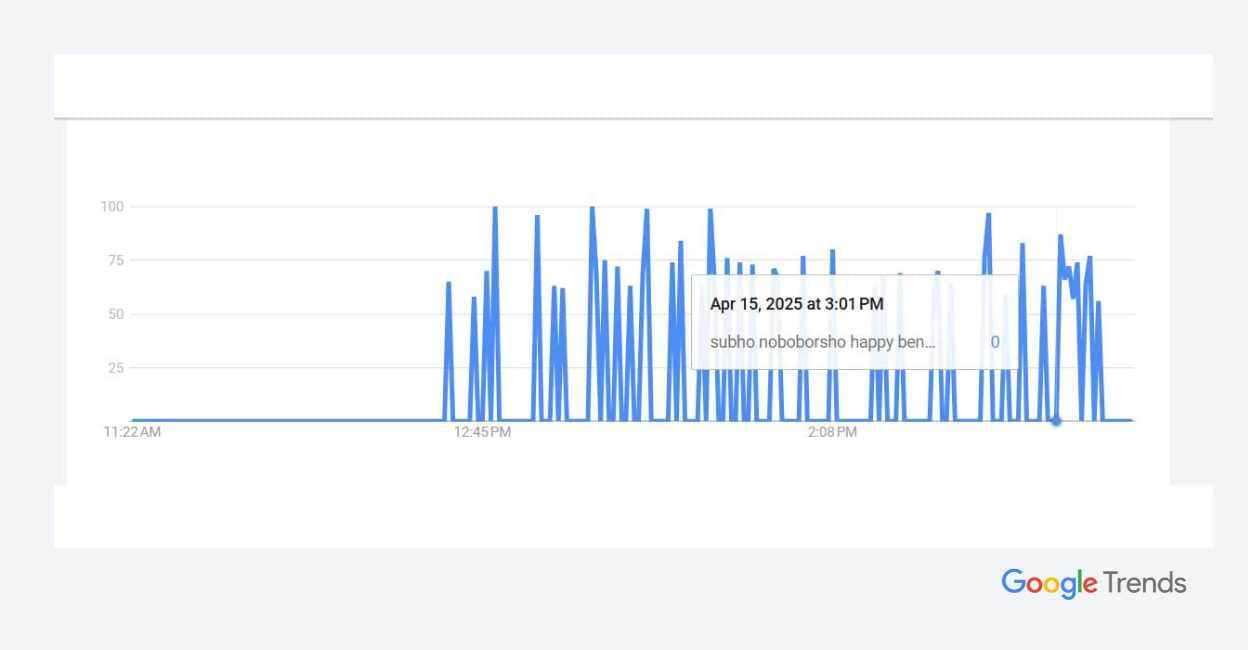Bengalis across world celebrate Poila Boishakh with pomp, cultural fervour

Mail This Article
Poila Boishakh, or Noboborsho, is the Bengali New Year, falling on the first day of Boishakh in the Bengali solar calendar. In India, it's celebrated in West Bengal, parts of Assam, and Tripura. The day signifies a fresh start for Bengalis and holds deep cultural and traditional significance.
This year, the New Year falls on April 15th. It's an opportunity to spend time with loved ones, reflect on the past year, and pray for success and happiness. Deeply entrenched in Bengal's heritage, the Bengali New Year has profound cultural connotations. Historically, King Shoshangko of ancient Bengal is credited with starting the Bengali era in 594 CE (Gregorian calendar).
Poila Boishakh is celebrated with great enthusiasm by Bengalis worldwide. The day features fairs, sports, and cultural activities. People traditionally dress up, and the celebrations encompass food, art, music, and family gatherings.
It's an occasion of vibrant festivity, and in West Bengal and Bangladesh, people participate in processions and cultural displays. Rabindra Sangeet, Baul music, and traditional dances are highlights of the celebrations. Boishakhi fairs, brimming with food stalls and handicrafts, are a common sight.
The New Year celebration is incomplete without a variety of savoury and sweet delicacies. Dishes like Hilsa fish curry, eggplant fritters, Shukto, luchi aloo, and mishti doi (sweetened yoghurt) are indispensable parts of the menu. Meanwhile, sweets such as malpua, rasgulla, rasmalai, sandesh, and jilebi are enjoyed with great relish. 'Subho noboborsho' has more than 100K search volume on Google Trends in the past 24 hours.


